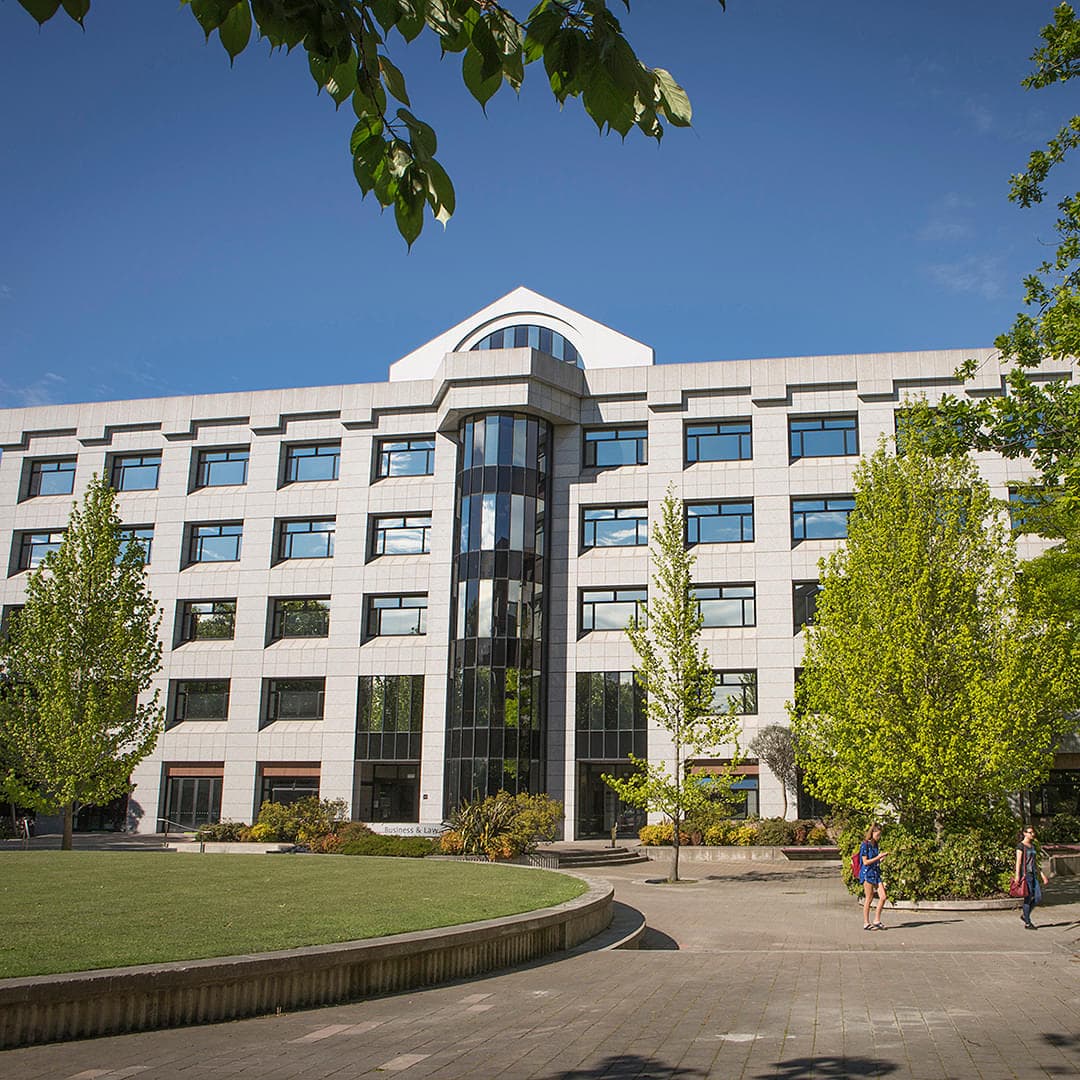-
Take advantage of courses offering field trips, real-world case studies, performances, internships, and community projects.
-
Choose from over 30 Arts subjects as your major and minor, double major, or specialisation.
-
You have the option to study a minor from additional subjects across Arts, Commerce, Health Sciences, Science, Sport Coaching, and Youth and Community Leadership.
-
Get involved with some of the many Arts related student clubs including Arts Society, JSoc, PolSoc, Classoc, Musoc, and many more.
The Bachelor of Arts is a highly flexible degree that allows a wide range of choices from major and minor subjects or specialisation pathways, as well as courses from other degrees.
See ‘How do I plan my degree?’ above for an example degree structure diagram.
Compulsory course
All students in the BA must complete two of the following courses:
- ARTS102 Problems, Questions, Evidence
- MAOR165 Tuakiri: Culture and Identity
- WRIT101 Writing for Academic Success
Note: If you started your studies before 2022, your BA will follow a different structure. Please see the UC Calendar Archive from the year you began for your degree requirements.
Major subjects
- Anthropology
- Art History and Theory
- Chinese
- Cinema Studies
- Classics
- Cultural Studies
- Economics
- Education
- English
- English Language
- European and European Union Studies
- French
- Geography
- German
- History
- Human Services
- Japanese
- Linguistics
- Māori and Indigenous Studies
- Mathematics
- Media and Communication
- Music
- Philosophy
- Political Science and International Relations
- Psychology
- Russian
- Sociology
- Spanish
- Statistics
- Te Reo Māori
- Specialisations
Specialisations include a set programme of courses centred on a broad theme. These allow you to develop expertise in more subjects than a major, as well as the opportunity to customise your study to your particular interests.
- Creative Industries and Contemporary Practice
- Cultural Heritage
- Global Societies and Cultures
- International Affairs
- Language, Brain and Behaviour
- Philosophy, Politics and Economics
- Society, Diversity and Change
- Minor subjects
- Accounting
- Adventure Sport and Environment
- Anthropology
- Art History and Theory
- Astronomy
- Biochemistry
- Biological Sciences
- Business Analytics
- Business and Sustainability
- Chemistry
- Chinese
- Cinema Studies
- Classics
- Computer Science
- Cultural Studies
- Digital Humanities
- Economics
- Education
- English
- English Language
- Entrepreneurship
- Environmental Science
- European and European Union Studies
- Finance
- French
- Geography
- Geology
- German
- Health Education
- History
- Human Resource Management
- Human Services
- Information Systems
- Innovation
- International Business
- Japanese
- Linguistics
- Māori and Indigenous Studies
- Marketing
- Mathematics
- Media and Communication
- Music
- Nutrition
- Operations and Supply Chain Management
- Performance Analysis
- Philosophy
- Physical Activity
- Physics
- Political Science and International Relations
- Professional and Community Engagement
- Psychology
- Public Health
- Russian
- Society and Policy
- Sociology
- Spanish
- Sport Science
- Statistics
- Strength and Conditioning
- Taxation
- Te Reo Māori
- Tourism Marketing and Management
- Youth and Community Leadership
